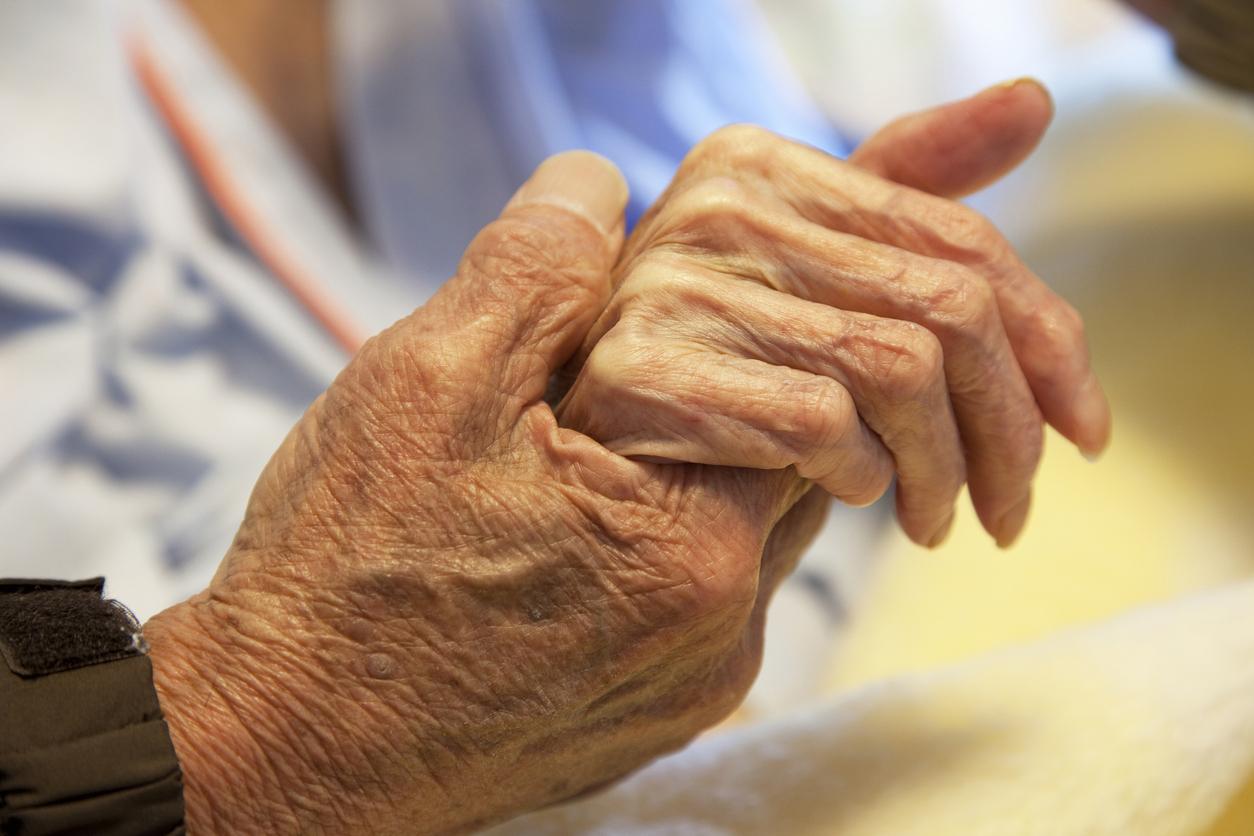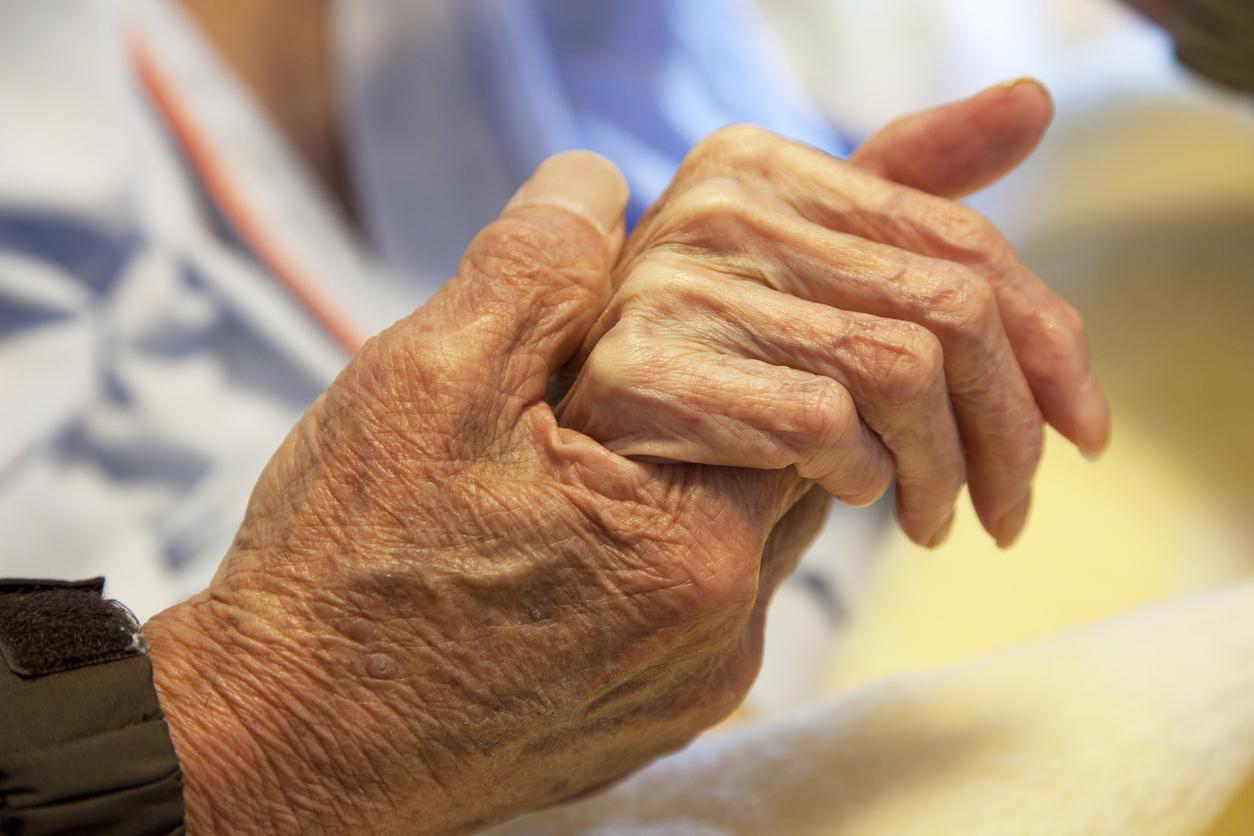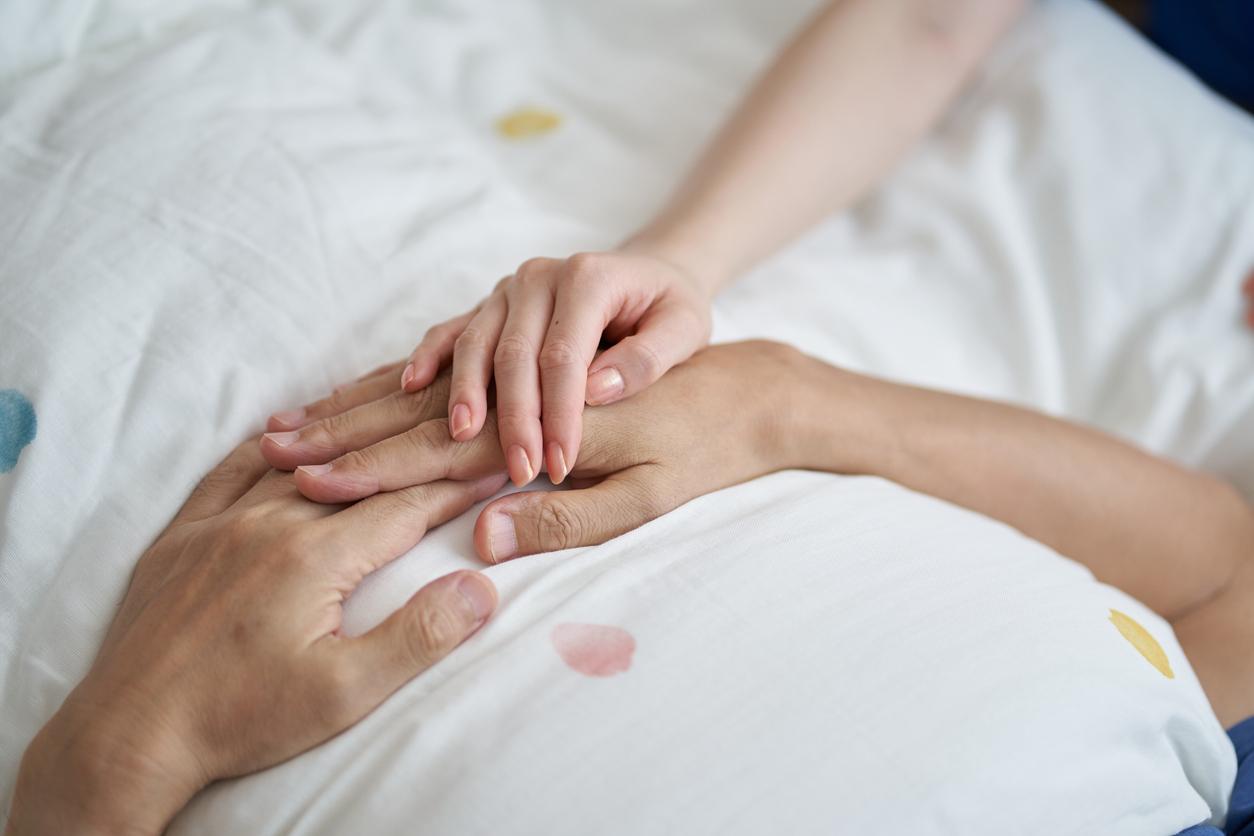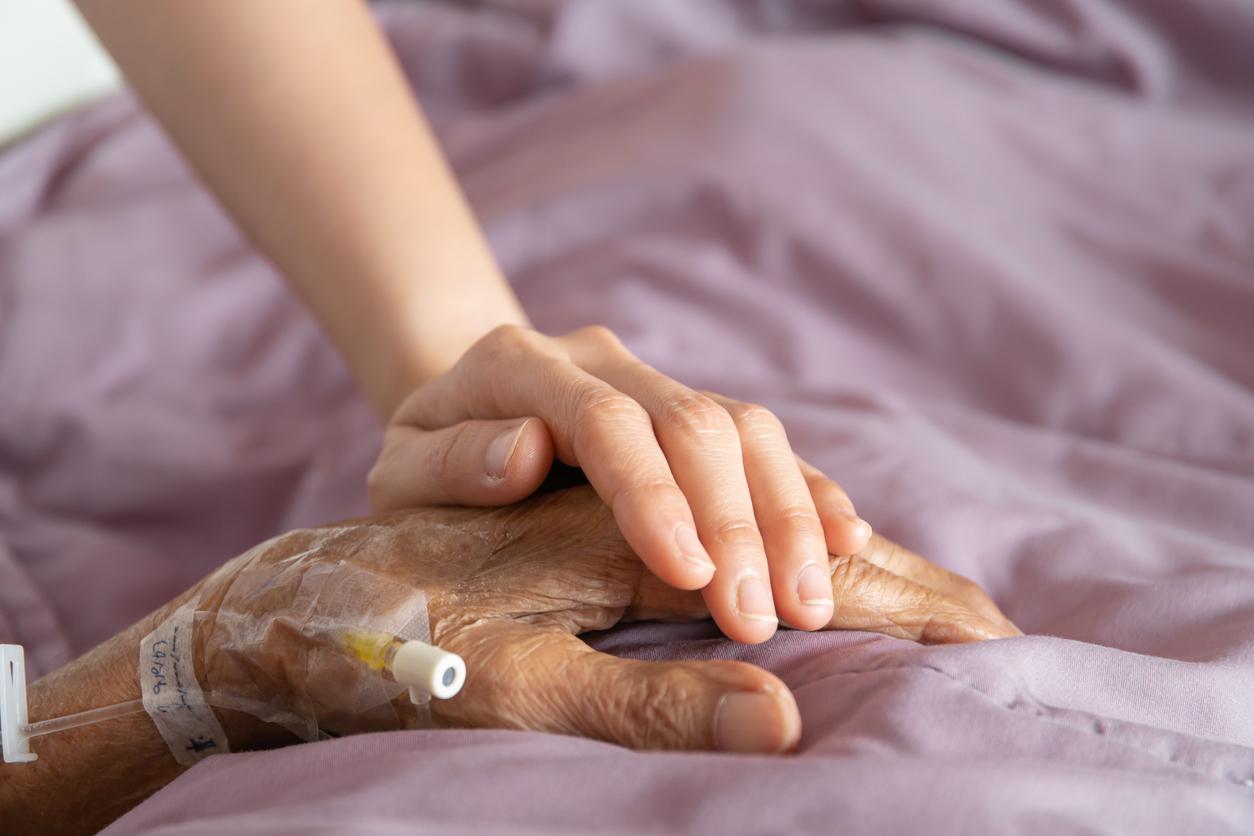INTERVIEW – More than 50 En Marche deputies, socialists and left-wing radicals, followed Jean-Louis Touraine and signed a bill to improve the law on end of life.
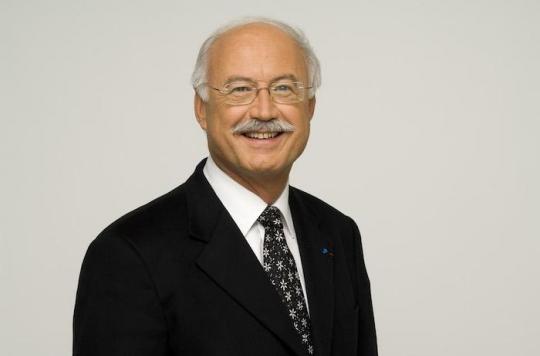
Euthanasia, assisted death, or whatever the name and the subtleties associated with it, are back on the media scene. The candidate Macron had announced, at the beginning of the year, wanting to move the file forward, without rushing. But the case of Anne Bert has raised awareness. This French woman suffering from Charcot’s disease will go to Belgium to obtain assistance in dying that France does not allow her.
Already present during the debates on the Claeys-Leonetti law on the end of life, Professor Jean-Louis Touraine comes back to the charge with a bill. Accompanied by 53 deputies from his party In marche, but also of the PS and the Left Radicals, the elected representative of the third district of the Rhône wants the device provided for by law to be replaced by “active medical assistance to die”.
The principle of deep and continuous sedation granted to people with “a serious and incurable disease whose vital prognosis is short-term” would be abandoned, in favor of a law granting more freedom to patients.
The proposal led by this hospital practitioner provides that “any adult and capable, in advanced or terminal phase of an incurable disease causing physical pain or unbearable psychological suffering, can request to benefit from active medical assistance to die”.
Concretely, a request formulated by the patient should be studied by a panel of three doctors, who would become judges of the merits of the decision. They would be responsible for studying his medical situation, and that he is indeed in a case of therapeutic impasse. Then, euthanasia would be performed either by the doctor or by the patient himself.
Would your bill allow Anne Bert to die in France?
Prof. Jean-Louis Touraine: The case of Anne Bert touches many people, who think that it is infinitely sad that she has to go to die abroad. I receive many letters on this subject. I don’t know his medical records. The early stages of Charcot’s disease do not justify a premature end of life. On the other hand, in the case of an advanced form of the disease, it becomes legitimate to refuse the last decrepitude, the end of the very painful agony for the patient as for her relatives.
This is the reason why I think that, for each file, a medical college must be able to make an informed decision. In a case similar to that of Ms. Bert, for example, he might consider that it is too early, that the patient’s medical situation does not yet justify assistance in dying. Without this depriving him of the possibility of reapplying a few weeks later, if the symptoms have worsened.
I think that what worries Anne Bert is the fact that she cannot use it now in France, but also that she will not be able to use it later, when the time comes. This perhaps precipitates a decision which could have been taken later, thus justifying the need for an evolution of the law.
What do you propose to change to the existing law?
Prof. Jean-Louis Touraine: What I find embarrassing is the current hypocrisy in our country about active assisted dying. Between 3,000 and 4,000 people would benefit from it each year, according to INED. And it is very likely that thousands more will not take advantage of it because of its illegality. Everything is done in secret, and this exposes the risk of excess and insufficiency. We are in the same situation as for abortion before the Veil law. This is not satisfactory, and abortion has shown us the benefit of legal supervision.
Currently, there is no answer to the painful agony for all in the Claeys-Leonetti law. It makes it possible to avoid relentless treatment, but no medical aid in dying. We do not offer assisted suicide, which does not come under medical expertise, or euthanasia, which too often involves only doctors. We are proposing something quite close to Belgian law, but more framed. Assisted medical assistance in dying will be subject to a request by the person concerned, and will require medical validation.
With your new framework, more “borderline” cases can be treated?
Prof. Jean-Louis Touraine: Our proposal does not claim to provide all the answers. Special cases, such as in neonatology, still need to be discussed, because there can be no consent on the part of the patient. It provides for the moment a framework, and an objective. Parliamentarians are often criticized for creating “talkative” laws that go into so much detail that they become impossible to apply. The conditions of application will be regulated by decrees, or even good practice guides for physicians.
What our proposal stipulates, however, is that the agreement be given by three independent doctors, who will study the case in detail, before discussing and taking a collegial decision.
Why use this political form, rather than a government proposal?
Prof. Jean-Louis Touraine: Often, governments tend to consider social issues to be less of a priority for France. They have a lot to deal with, and putting this law on their agenda would mean putting off another because the bills fit into a well-defined timeline. On the other hand, technically, niches are available for the study of legislative proposals emanating from the Parliament. This does not delay the government’s proposals.
It is also a kind of subject on which the political groups do not have to give instructions to vote, in my opinion. On each side, some parliamentarians must be in favor, and others reserved.
Finally, there is the fear that the controversy, the debates led by some fundamentalists as for marriage for all, will recur, and obstruct political action. But my prediction is that we are not in the same circumstances, if only because opinion polls tend to show that 90% of the population is favorable to choice at the end of life.
.








